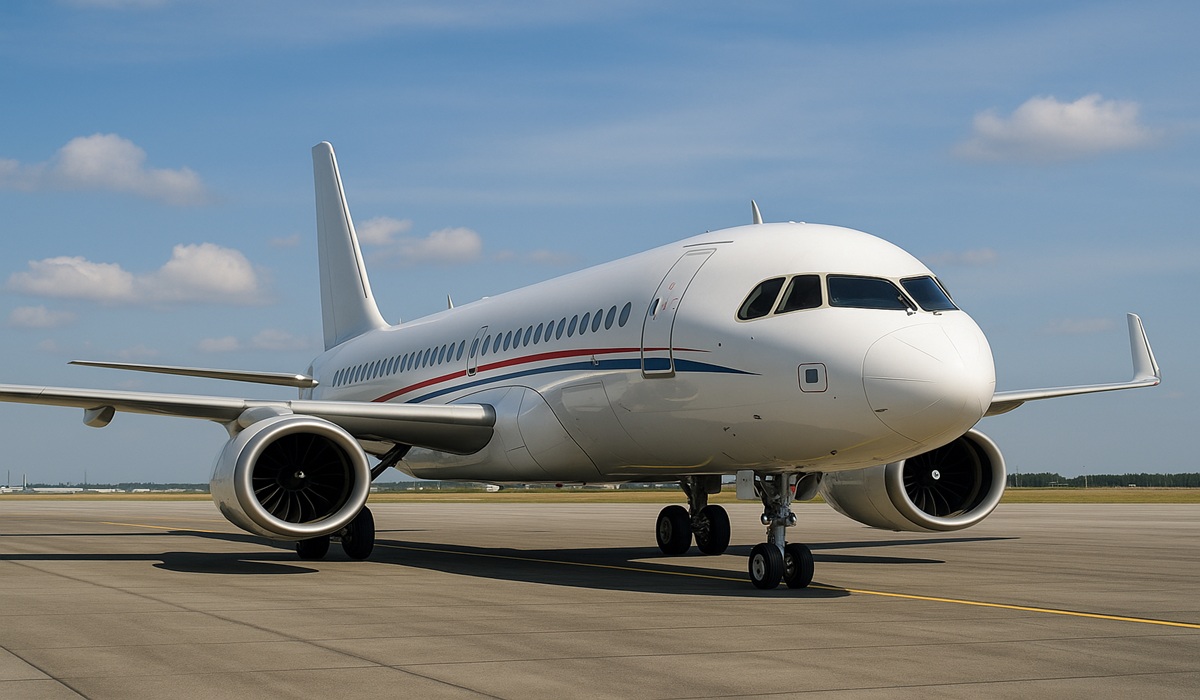Royal Scandal Reignites—Norway’s Crown Prince in Spotlight as Son Faces Serious Charges
- Naomi Dela Cruz
- Europe
- Trending News
- August 19, 2025

Image Rendering AI
Prosecutors in Norway have filed a sweeping indictment against Marius Borg Høiby, the eldest son of Crown Prince Mette-Marit, in one of the most serious legal cases ever to touch the country’s royal family. The charges, announced in mid-August 2025, include thirty-two separate counts ranging from rape to domestic violence, unlawful filming of women, threats, and traffic offenses. Among these, four counts of rape stand at the center of the indictment, accusations that prosecutors say span multiple years and involve incidents where women were allegedly assaulted while unconscious or asleep, sometimes after consensual sex. Some of these acts were reportedly filmed, adding another layer of gravity to the case.
Høiby, 28, has long been considered a public figure in Norway but is not in the line of succession, nor does he carry a royal title. Still, his close ties to the monarchy make this indictment particularly damaging. If convicted of the most serious charges, he faces up to ten years in prison. The trial is scheduled to begin in January and is expected to last roughly six weeks, a period that will keep the royal family in an unrelenting media spotlight.
Høiby’s legal team has stated that he denies the allegations of rape and most of the violence-related charges, though they have acknowledged that he may admit to certain lesser offenses. The Norwegian royal court has refrained from public comment beyond affirming that the justice system must take its course, but silence has done little to quell public outrage. For many Norwegians, this marks a turning point in their perception of the monarchy, raising serious questions about accountability, privilege, and the future of the institution itself.
The timing is significant. Across Europe, monarchies have faced growing pressure in recent years, not just from republican movements that argue the institution is outdated, but also from scandals that cut at the core of their public standing. The British royal family has been embroiled in a long-running crisis stemming from allegations against Prince Andrew, who faced a civil lawsuit in the United States brought by Virginia Giuffre, accusing him of sexual assault when she was underage. While Andrew denied the claims, he ultimately settled out of court for a multimillion-dollar sum. Though the settlement prevented a public trial, the reputational damage has been permanent, leaving Andrew stripped of official duties and persona non grata in public life.
Now, Norway finds itself in a similar position: a royal family thrust into scandal over allegations of sexual assault, forced to navigate a delicate balance between the legal process and public expectation. What sets Høiby’s case apart, however, is that it is proceeding through criminal courts rather than being contained through civil settlement or private negotiation. That distinction matters because it will place not only Høiby but also, indirectly, the royal household under the unfiltered glare of open testimony, evidence, and judgment.
The fallout is already being felt. Debate over the relevance of Norway’s monarchy has intensified, with republican groups pointing to this scandal as proof that royal families are not immune to the flaws of privilege, secrecy, and lack of accountability. Others argue that Høiby, not being a royal by title, should be treated as an ordinary citizen whose crimes—if proven—are his alone. Yet the symbolic weight of his parentage makes that separation difficult for many.
The broader picture is one of monarchies under unprecedented scrutiny. The 21st century has brought shifting attitudes toward institutions of hereditary power, particularly in democratic societies where equality and justice are seen as core values. Allegations of sexual assault within royal circles cut especially deep because they collide with the idealized image of royalty as symbols of tradition, dignity, and stability.
If Høiby is convicted, the consequences will reverberate far beyond the courtroom. It will represent one of the most severe blows to the legitimacy of the Norwegian royal family in modern history. If he is acquitted, the questions may persist, as the sheer gravity of the accusations and the details that have already entered public discourse will not easily be forgotten. In either case, this scandal underscores a growing reality: that monarchies, once shielded by deference and distance, are increasingly vulnerable to the same crises of accountability and credibility as any other public institution.








